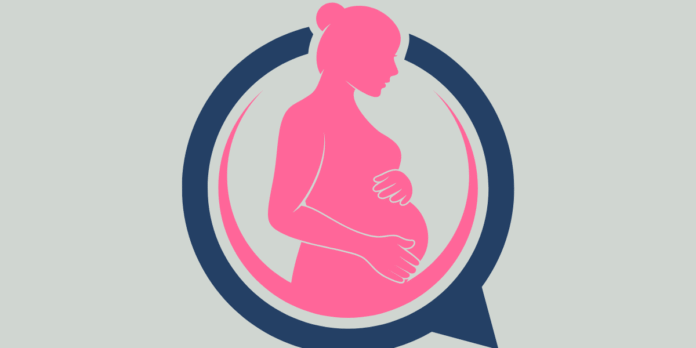The World Health Organization (WHO) has called on the global health community to prioritise pregnant and lactating women in tuberculosis (TB) research and vaccine trials, highlighting their heightened vulnerability to the world’s most infectious disease.
According to WHO data, nearly 200,000 pregnant or postpartum women develop TB annually, yet they are largely excluded from clinical research. This exclusion creates critical evidence gaps, delaying access to life-saving treatments and vaccines for these groups.
Pregnant and postpartum women face a higher risk of developing TB compared to the general population. TB during pregnancy is linked to maternal complications, birth-related risks, and increased morbidity and mortality for both mother and child. Newborns of TB-affected mothers are also more susceptible to contracting the disease.
“The benefits of TB research must flow to all people with TB, including pregnant and lactating women,” said Dr. Tereza Kasaeva, Director of WHO’s Department for HIV, TB, Hepatitis, and Sexually Transmitted Infections. She stressed that their inclusion should be treated as a fundamental step toward equitable, evidence-based care.
To address these gaps, WHO has released a Consensus Statement prepared by over 80 global experts. It provides a framework to ensure equitable access to TB innovations, covering preclinical research, drug development, vaccine trials, maternal TB surveillance, and advocacy.
Key recommendations include strengthening surveillance on maternal TB, initiating preclinical studies to assess safety and efficacy of new compounds in pregnancy, and ensuring inclusion of pregnant and lactating women in all phases of TB drug and vaccine trials. The statement also emphasises tackling legal, ethical, and regulatory barriers while engaging affected communities.
The roadmap calls on researchers, regulators, funders, civil society, and governments to act collectively to advance inclusion, ensuring that future TB innovations reach populations most at risk.





